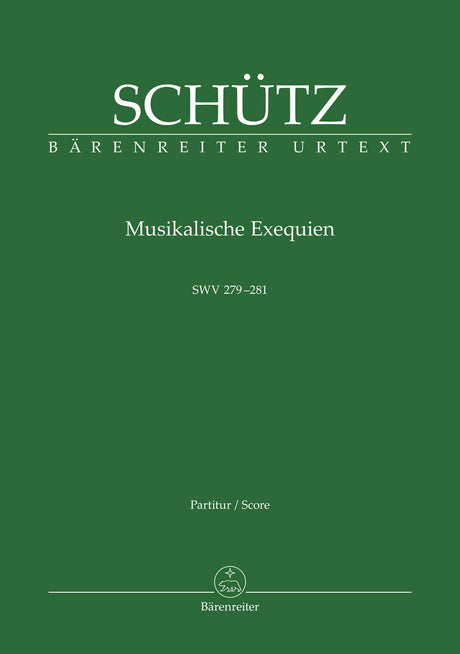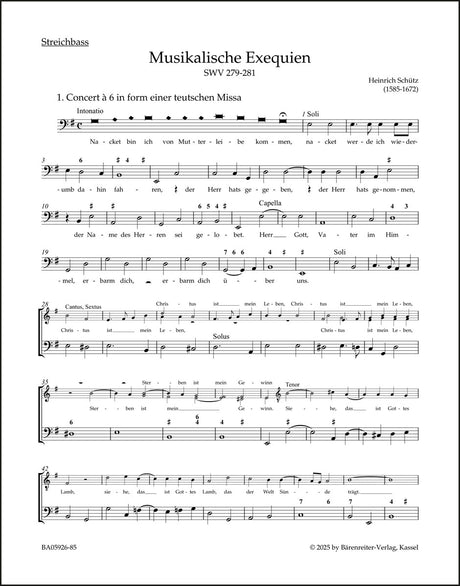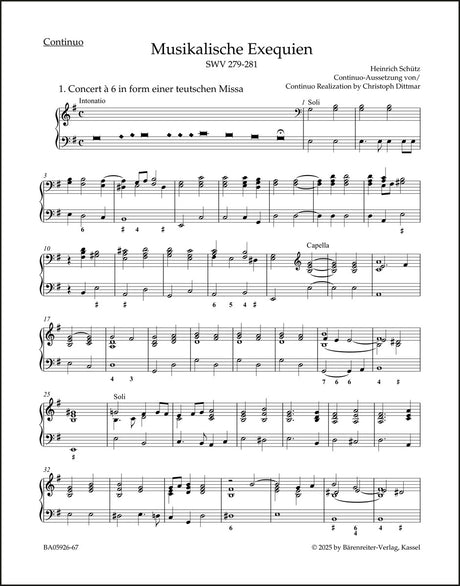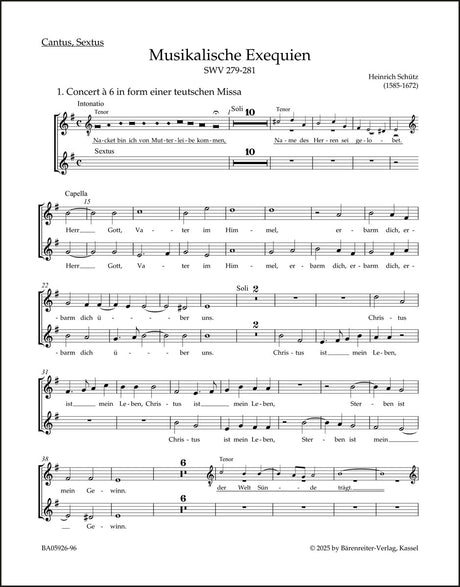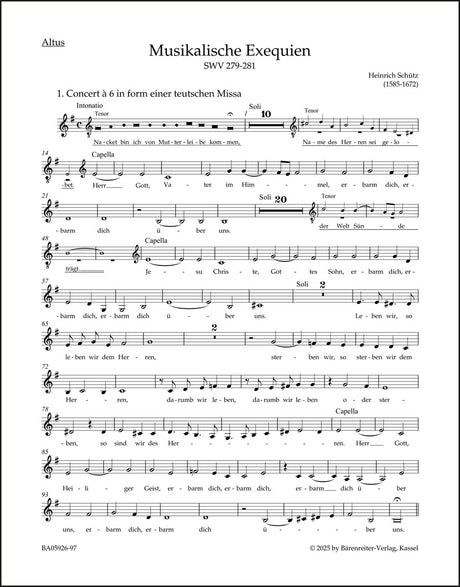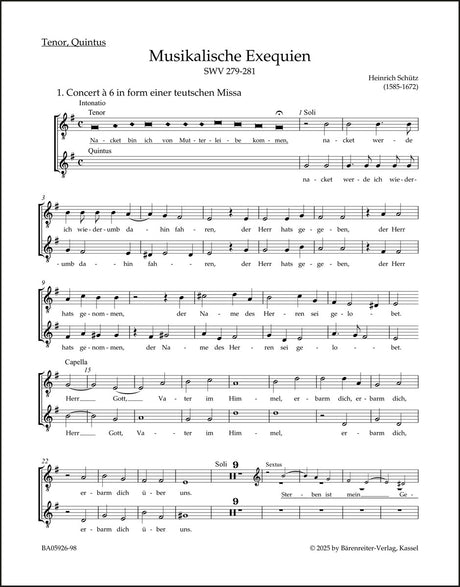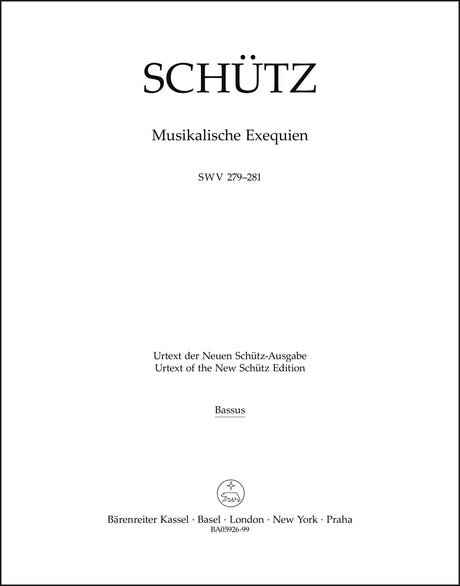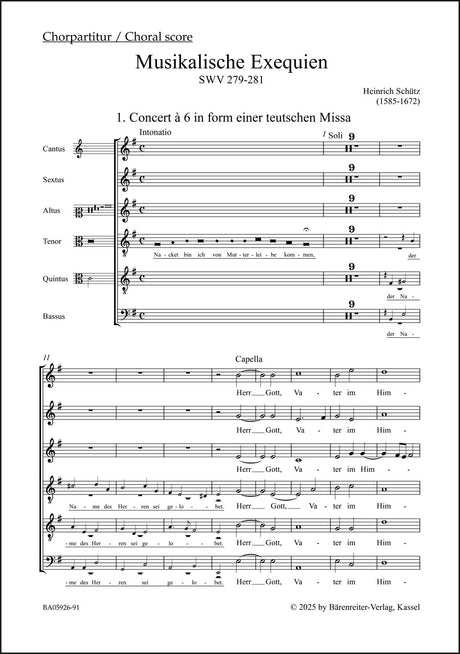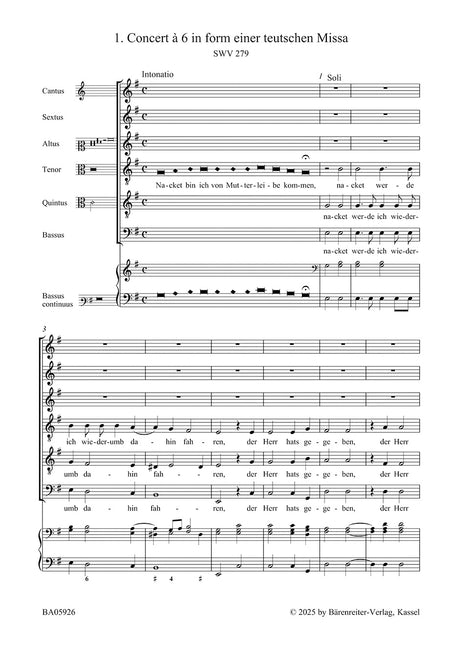100 Years of Bärenreiter
In 1923, a year marked by extremes including inflation, depression, excessive parties, workers' riots, and political instability, Bärenreiter emerged. Founded by Karl Vötterle, a young man not yet of age, the company's humble beginnings consisted of publishing folksong collections, later expanding to include church and organ music editions.
Over the span of a century, Bärenreiter has evolved into an internationally renowned publisher, earning acclaim for its musicological editions that have captivated musicians worldwide. Today, musicians across the globe hold the BÄRENREITER URTEXT seal in high regard, recognizing it as a symbol of editions meticulously crafted through a comprehensive assessment of all available sources, while also considering the performer's needs.
New Editions
Voir tout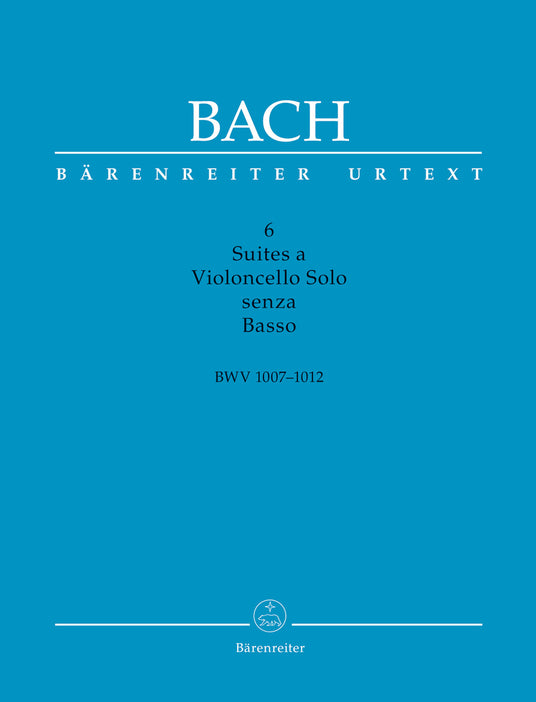
BARENREITER RECOMMENDS
Bach, Six Suites a Violoncello Solo
This edition is in a slipcase with 7 volumes. Part I is the musical text in modern engraving. The second part is a text booklet on an array of topics. Finally Part III includes a fantastic facsimile of five sources presented in a large performance format. Truly a delight!
Graduation Gifts for Musicians
Voir toutStudies for Violoncello
Voir toutHappy Birthday, Maurice Ravel!
Voir tout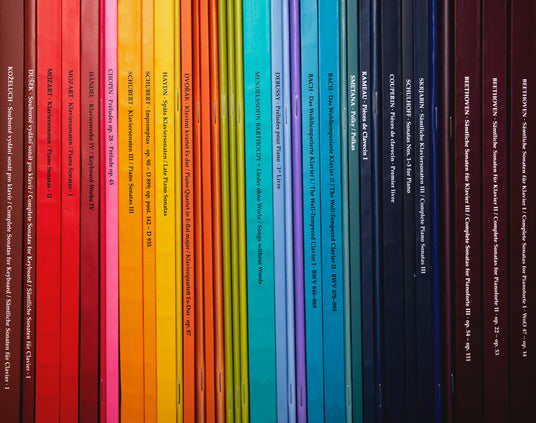
What does "Urtext" mean?
'Urtext'. The very word smacks of dusty libraries and crumbling manuscripts that have to be handled with kid gloves. But behind the idea of 'Bärenreiter Urtext' are people passionately devoted, then and now, to living music. People who consider music a necessity of life, not a decorative adjunct.
All composers, whether a servant to a higher realm like Bach, or a genius like Mozart who composed faster than he could write, or a rebellious hero like Beethoven, have a precise idea of what their creations should sound like. But circumstances may have conspired to alter those creations or to detach them from their original idea.
Musicologists invest their every effort to reconstruct the intentions of the composer from the surviving sources. In a painstaking process of comparison, evaluation, decision-making and verification, they produce a version that will then appear in print and on the music stands of concert halls, opera houses or one's own living room.
Finally, musicians need a reliable basis for their art. No one who has studied the great works of music history will trust slipshod editions. Only the very best is good enough for the geniuses of the past.














